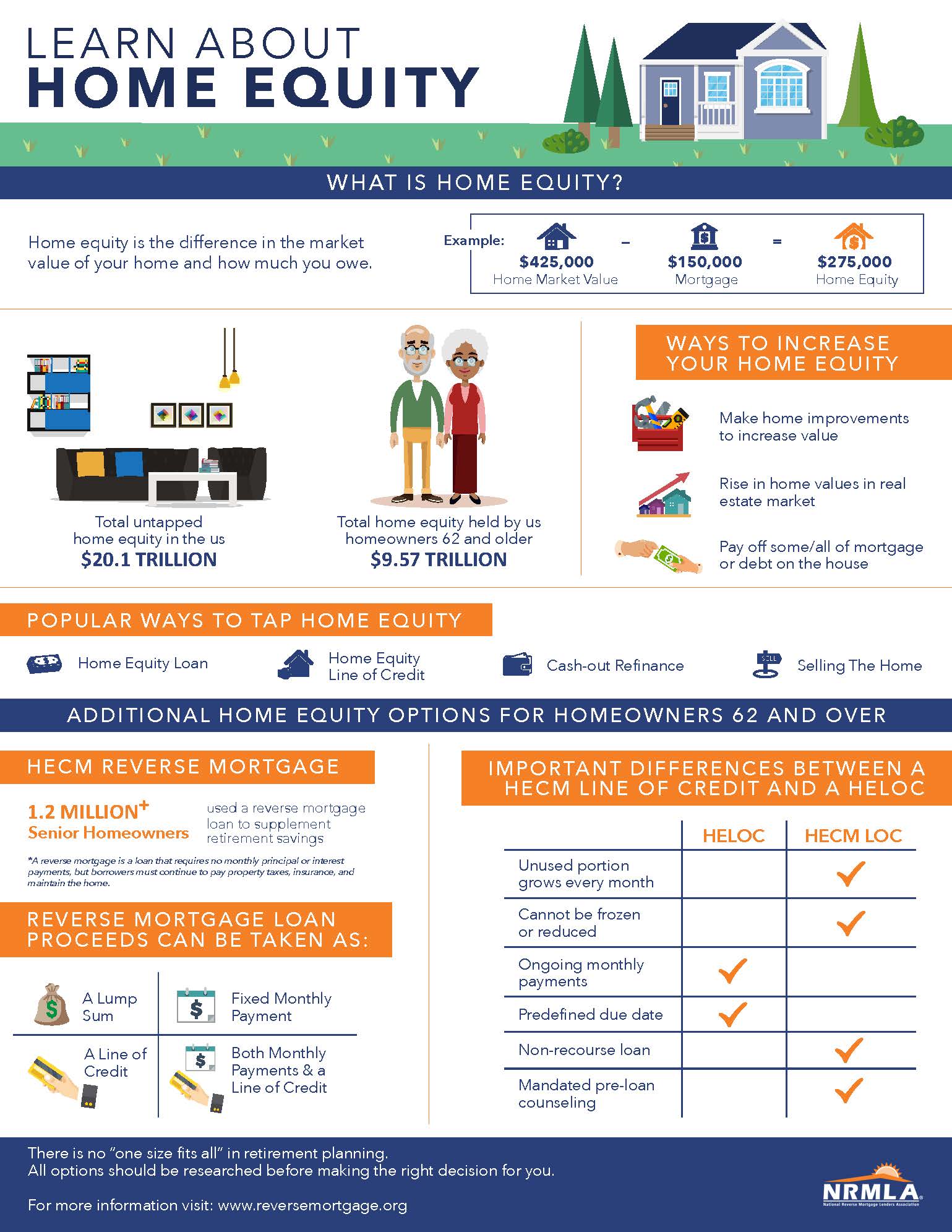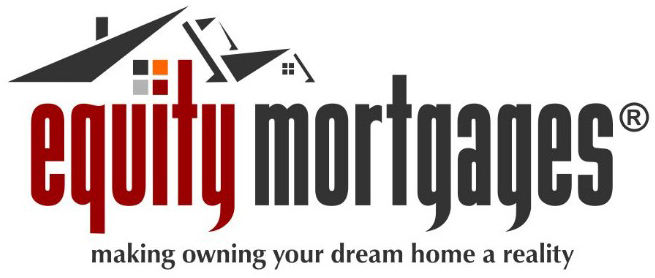Who Can Qualify for Equity Release Mortgages and Why
Who Can Qualify for Equity Release Mortgages and Why
Blog Article
A Comprehensive Guide to Choosing the Right Equity Release Mortgages for Your Requirements
Selecting the best equity Release home mortgage is a considerable decision for many homeowners. It entails understanding different items and examining individual financial demands. With alternatives like lifetime mortgages and home reversion systems, the course can seem facility. Secret considerations consist of rate of interest and adaptability. As individuals browse this landscape, evaluating potential threats and benefits comes to be necessary. What aspects should one prioritize to assure the most effective end result?
Comprehending Equity Release Mortgages
Equity Release home mortgages offer an economic service for home owners seeking to access the worth secured their properties. Mostly designed for individuals aged 55 and over, these home mortgages allow them to transform component of their home equity into money while proceeding to live in their homes. House owners can make use of these funds for different objectives, such as supplementing retired life income, moneying home enhancements, or covering medical care costs. The core principle behind equity Release is that the car loan is settled upon the homeowner's death or when they relocate right into long-term care, whereupon the residential or commercial property is normally marketed to work out the financial obligation. This approach makes it possible for individuals to delight in the advantages of their home's worth without requiring to transfer. It is crucial for potential borrowers to comprehend the ramifications of equity Release, consisting of possible effect on inheritance and recurring financial commitments, before choosing.
Sorts Of Equity Release Products
When discovering equity Release items, it is crucial to recognize the main kinds readily available. Life time mortgages, home reversion schemes, and drawdown plans each offer unique features and advantages. Evaluating these options can aid people in making enlightened economic choices concerning their property.
Life Time Mortgages Explained
Lifetime home mortgages stand for one of the most usual kinds of equity Release products readily available to property owners in retirement. This kind of home mortgage permits people to borrow against the value of their home while retaining possession. Typically, the lending and interest accumulated are settled when the home owner dies or moves into long-term care. Borrowers usually have the option to choose in between set and variable rate of interest, in addition to whether to make monthly repayments or allow the rate of interest roll up. The quantity readily available to obtain usually depends on the property owner's age and home worth. This monetary solution can give senior citizens with needed funds for various demands, including home improvements or added income, while enabling them to stay in their homes.
Home Reversion Schemes

Drawdown Program Overview
Drawdown plans stand for a flexible choice within the spectrum of equity Release items, allowing property owners to access their building's value as needed. These plans enable people to Release a portion of their home equity incrementally, as opposed to getting a swelling amount upfront. This versatility can be especially helpful for taking care of funds over time, as borrowers only pay interest on the amounts they withdraw. Normally, drawdown strategies include a pre-approved limitation, making certain that home owners can access funds when required without reapplying. Additionally, this method can assist alleviate the effect of intensifying rate of interest, as less money is borrowed. Overall, drawdown plans cater to those looking for economic flexibility while keeping control over their equity Release journey.
Secret Elements to Consider
When picking an equity Release mortgage, numerous crucial elements require careful consideration. Rates of interest comparison, the loan-to-value ratio, and the adaptability of functions provided can significantly impact the suitability of an item. Examining these aspects will help individuals make educated choices that align with their economic objectives.
Rates Of Interest Comparison
Maneuvering the landscape of equity Release mortgages calls for careful factor to consider of rate of interest, which play an essential duty in figuring out the overall expense of the car loan. Borrowers must contrast fixed and variable rates, as fixed rates supply stability while variable prices can rise and fall based on market conditions. Additionally, the timing of the rate of interest lock-in can greatly influence the total payment quantity. Potential consumers should likewise evaluate the annual percent price (APR), that includes numerous fees and expenses connected with the mortgage. Comprehending the effects of various rates of interest will certainly make it possible for individuals to make educated choices customized to their financial circumstance. Eventually, an extensive evaluation of these variables can lead to much more positive equity Release outcomes.

Loan-to-Value Ratio
The loan-to-value (LTV) proportion works as a vital statistics in the domain of equity Release home loans, affecting both eligibility and borrowing ability. It is calculated by splitting the quantity of the lending by the assessed worth of the property. Normally, a greater LTV proportion suggests a better threat for loan providers, which can cause more stringent lending requirements. A lot of equity Release items have particular LTV limitations, usually identified by the age of the debtor and the worth of the home. LTV proportions generally vary from 20% to 60%, depending on these aspects. Recognizing the implications of the LTV ratio is necessary for borrowers, as it directly impacts the amount they can access while ensuring they remain within risk-free line of credit.
Versatility and Attributes
Recognizing the flexibility and features of equity Release home mortgages is essential for borrowers looking for to optimize their economic alternatives. Various items supply differing degrees of adaptability, such as the capacity to make partial settlements or the alternative to take a swelling sum versus regular withdrawals. Borrowers should additionally take into consideration the mobility of the home loan, which allows them to move it to a brand-new building if they make a decision to move. Additional attributes like the capacity to consist of relative or the alternative for a no-negative-equity warranty can improve safety and peace of mind. Eventually, examining these elements will certainly assist borrowers select a strategy that aligns with their lasting economic goals and individual scenarios.
The Application Process
Just how does one browse the application procedure for equity Release mortgages? The trip starts with examining eligibility, which commonly requires the candidate to be at least 55 years of ages and own a significant portion of their home. Next off, individuals must gather needed documentation, including evidence of revenue, residential or commercial property, and identification valuation.Once prepared, candidates can come close to a lender or broker focusing on equity Release. An economic advisor may likewise give valuable assistance, making sure that all alternatives are taken into consideration. Following this, the applicant submits an official application, which consists of a detailed assessment of their monetary circumstance and building details.The lender will then conduct an evaluation, which might include visit the website a home assessment and conversations concerning the candidate's conditions and demands. The procedure finishes with an official deal, enabling the applicant to evaluate the terms before making a final choice. Clear interaction and understanding at each action are essential for an effective application.

Expenses and Charges Entailed
Numerous costs and fees are related to equity Release home loans, and prospective debtors need to recognize these economic considerations. Originally, there may be an application cost, which covers the lending institution's management expenses (equity release mortgages). Furthermore, assessment costs are often required to assess the residential or commercial property's worth, and these can vary substantially based upon the home's size and location.Legal fees must also be factored in, as borrowers will require a lawyer to browse the legal aspects of the equity Release process. Some lenders might impose very early payment charges find out this here if the home mortgage is paid off within a certain term.It is vital for borrowers to extensively examine all costs connected with an equity Release home mortgage, as they can affect the total value of the equity being launched. A clear understanding of these charges will allow individuals to make enlightened decisions
Possible Risks and Advantages
Equity Release home mortgages include a selection of costs and costs that can influence a consumer's financial scenario. They offer substantial benefits, such as accessibility to funds without the demand to offer the home, permitting customers to make use of the cash for retired life, home improvements, or to support household members. Prospective threats exist, consisting of the reduction of inheritance for beneficiaries, as the financing amount plus interest need to be settled upon the customer's death or relocate right into lasting treatment. Additionally, the building's worth may dislike as expected, causing a bigger financial debt than prepared for. Borrowers may also face restrictions on moving or offering the residential property. If equity Release aligns with their long-lasting monetary goals, it is important for individuals to carefully weigh these threats versus the benefits to identify. A complete understanding of both elements is important for making a notified decision.
Inquiries to Ask Prior To Dedicating
When considering an equity Release home mortgage, prospective customers should ask themselves numerous crucial concerns to guarantee they are making an educated decision. They must first assess their economic situation, including existing debts and future needs, to figure out if equity Release is ideal. It is essential to ask about the complete expenses involved, consisting of fees, rates of interest, and any kind of charges for early payment. Customers need to likewise ask just how equity Release will certainly affect inheritance, as it might decrease the estate left for successors. Comprehending the regards to the contract is essential; as a result, questions pertaining to the flexibility of the strategy, such as the capability to make settlements or withdraw extra funds, should be attended to. Potential customers must consider the credibility of the loan provider and whether independent economic advice has been sought to ensure all facets are extensively understood.
Frequently Asked Concerns
Can I Select Just How Much Equity to Release?
Individuals can usually select exactly how much equity to Release from their residential property, yet the quantity may be influenced by elements such as age, home value, and lender requirements - equity release mortgages. Consulting with a financial expert is suggested
What Takes Place if Residential Property Worths Reduction?
If residential or commercial property values lower, the equity readily available for Release decreases, potentially bring about a circumstance where the impressive mortgage exceeds the building worth. This situation might restrict monetary options and influence future planning for homeowners.
Can I Still Relocate Home With Equity Release?
The ability to relocate home with equity Release relies on the particular terms of the equity Release plan. Commonly, lots of plans permit property owners to move their equity Release to a brand-new residential property, subject to authorization.
Exactly How Does Equity Release Affect My Inheritance?
Equity Release can significantly influence inheritance. By accessing home equity, the general worth of an estate may lower, potentially lowering what beneficiaries obtain. It's important for people to consider these implications when picking equity Release options.
Are There Any Kind Of Age Limitations for Candidates?
Age constraints for equity Release candidates typically need people to be a minimum of 55 years of ages (equity release mortgages). Lenders might have additional requirements, often thinking about the candidate's financial circumstance and the building's value during the analysis procedure
Final thought
In recap, selecting the right equity Release mortgage requires careful examination of individual economic scenarios why not look here and goals. By comprehending the different item types, vital factors, and associated prices, consumers can make enlightened choices. Additionally, acknowledging potential threats and advantages is important for long-lasting economic security. Seeking independent monetary recommendations can better enhance the decision-making process, ensuring that the selected equity Release solution aligns with the home owner's total monetary strategy and future ambitions. Equity Release home loans provide a monetary option for property owners looking to access the worth locked in their residential or commercial properties. Comprehending the flexibility and attributes of equity Release home mortgages is crucial for consumers looking for to optimize their monetary options. Some loan providers might enforce very early payment costs if the home mortgage is paid off within a specific term.It is important for debtors to thoroughly review all costs associated with an equity Release home mortgage, as they can influence the overall value of the equity being released. The capability to move home with equity Release depends on the details terms of the equity Release strategy. Looking for independent financial advice can better improve the decision-making process, making certain that the selected equity Release option lines up with the homeowner's general financial approach and future goals.
Report this page